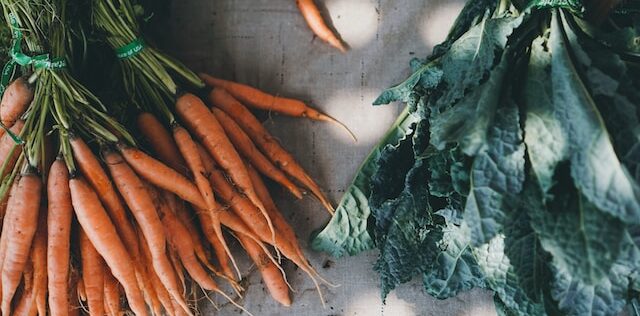In the ever-evolving landscape of modern agriculture, organic food production stands out as a beacon of sustainability and environmental consciousness. As consumers increasingly prioritize health and ecological responsibility, the demand for organic products has surged. This article explores the intricate world of organic food production, delving into the principles, practices, and benefits that define this method of cultivation.
The Roots of Organic Farming:
Organic farming is not merely a trend; it is deeply rooted in principles that embrace harmony with nature. The foundation of organic agriculture lies in the rejection of synthetic pesticides, herbicides, and genetically modified organisms. Instead, farmers rely on natural methods such as crop rotation, companion planting, and biological pest control to maintain soil fertility and ward off unwanted invaders.
Soil Health as the Cornerstone:
At the heart of organic food production is a profound commitment to soil health. Organic farmers understand that healthy soil is the cornerstone of a thriving ecosystem. Practices such as cover cropping, composting, and minimal tillage contribute to the preservation of soil structure, fostering a rich microbial community that enhances nutrient availability for plants.
Biodiversity and Crop Rotation:
Diversity is not only a key to a resilient ecosystem but also a fundamental principle in organic farming. Crop rotation, the practice of alternating crops in a specific sequence, helps break pest and disease cycles while promoting soil fertility. This intentional diversity contributes to a more balanced and sustainable agricultural system.
The Role of Compost and Natural Fertilizers:
Unlike conventional agriculture, which often relies on synthetic fertilizers, organic farming embraces the use of compost and natural fertilizers. Compost, made from organic matter like kitchen scraps and crop residues, nourishes the soil with a spectrum of essential nutrients. This not only enhances plant growth but also supports the overall health of the agricultural ecosystem.
Biological Pest Control:
In the world of organic farming, balance is key. Rather than resorting to chemical pesticides, organic farmers employ natural predators and beneficial insects to control pests. Ladybugs, predatory beetles, and parasitic wasps become allies in the fight against unwanted invaders. This approach not only protects crops but also preserves the delicate ecological balance of the farm.
Regenerative Agriculture and Carbon Sequestration:
One of the most exciting aspects of organic food production is its potential to mitigate climate change. The principles of regenerative agriculture, embraced by many organic farmers, focus on enhancing ecosystem services, sequestering carbon in the soil, and promoting biodiversity. By implementing these practices, organic farmers contribute to the fight against climate change while producing nutrient-rich food.
Consumer Benefits and Future Perspectives:
For consumers, the benefits of choosing organic extend beyond personal health. Organic farming practices reduce exposure to harmful chemicals, support local economies, and promote ethical treatment of animals. As the demand for organic products continues to rise, the organic food sector has the potential to shape the future of agriculture, inspiring innovation and sustainability.
Conclusion:
In the world of organic food production, a delicate dance unfolds between farmers, the land, and the consumer. By embracing practices that prioritize soil health, biodiversity, and sustainability, organic farmers exemplify a commitment to a healthier planet. As we navigate the complexities of our modern food system, the art and science of organic food production offer a compelling vision for a more sustainable and harmonious future.
